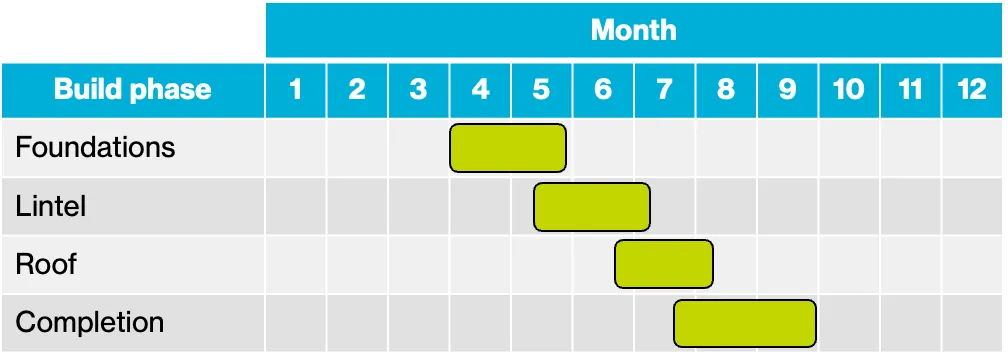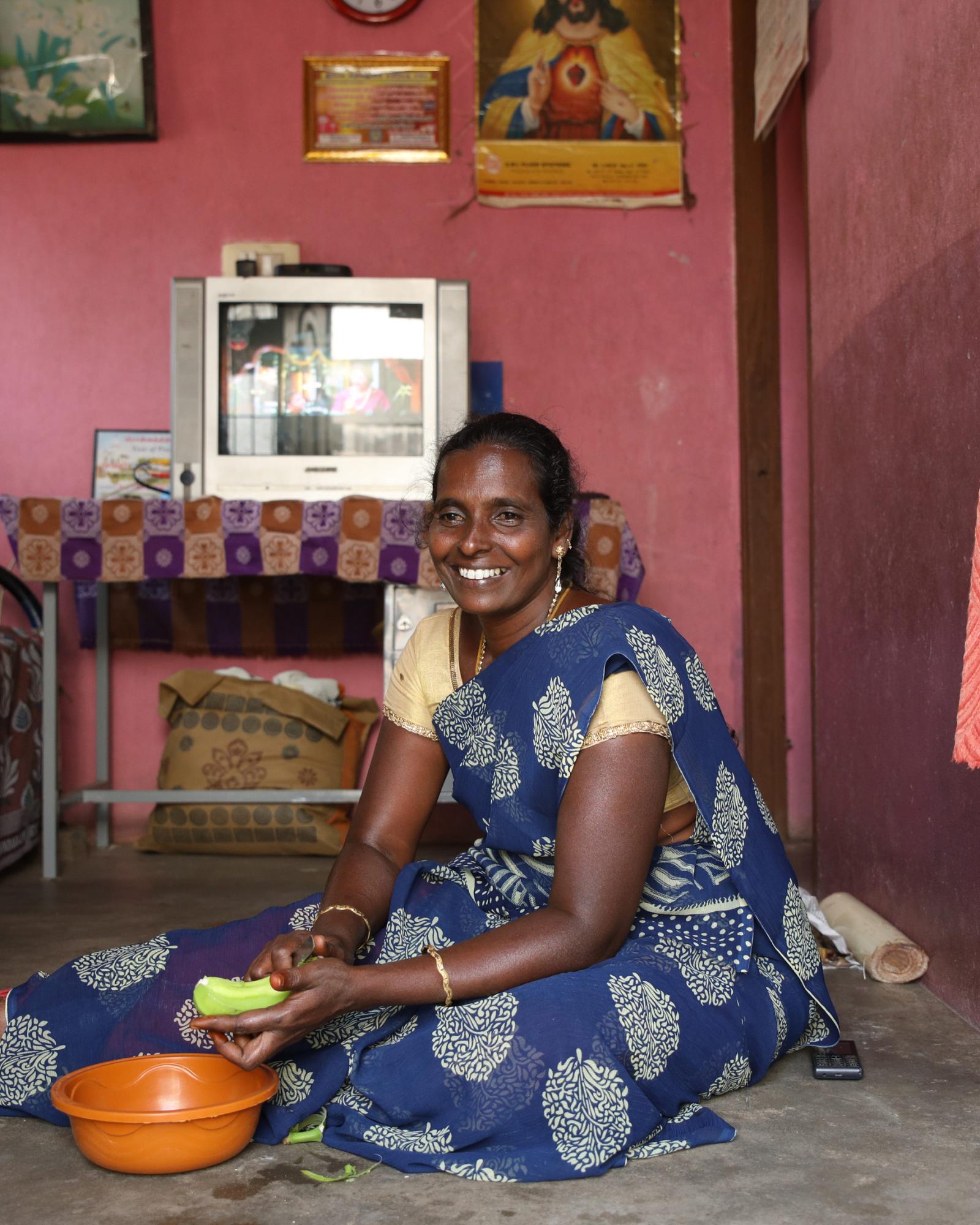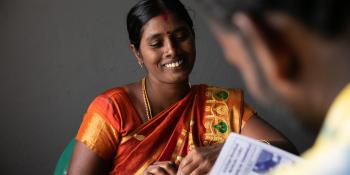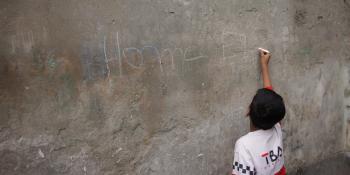
Challenges
Government subsidies help low- and middle-income families to build their own homes. Homeowners typically provide 75% of the money. Around 25% is reimbursed by the government in phases during construction.
Unfortunately, these schemes do not prioritize communities living in extreme poverty. Many households have an unreliable income of less than 200 Indian rupees, or US$2, per day, which is insufficient for daily necessities. It is almost impossible for them to raise 75% of the money needed to build a decent home.
Families must continue to sleep on the ground in makeshift shelters without clean water, sanitation or electricity.
Solution
“Mera Ghar” means “my house” in Hindi.
Our approach:
- This project will build decent homes for the most vulnerable and underprivileged communities.
- People with additional challenges will be prioritized such as marginalized castes, female-headed households or children with special needs.
- Families will help design safe and secure homes that value their culture and traditions. They will learn upkeep and maintenance.
- We will ensure clear land title or ownership.
- Climate-resilient homes will be well-ventilated and have natural light.
- Families will have safe water, proper sanitation and clean, green solar power.
Timescale: The project could be completed within 12 months. The construction phase for around 13 houses should take approximately six months. The start and finish dates are dependent on local factors such as the monsoon season.
Results and benefits
With US$150,000 in co-funding we could build around 13 houses, depending on the location selected. This will transform the lives of families and communities living in extreme poverty.
Families will move from makeshift shelters to safe and secure brick-built houses with essential amenities. Money saved on repairs can be spent on other necessities such as food and medicines.

Clean water and basic sanitation will quickly reduce the risk of water-borne diseases. Solar power will enable families to cook and study after dark. Homes will provide space, dignity and privacy.
A decent home improves the social status of families. By having an address, they will be able to avail a range of local services.
Success will enable us to influence the local government to do more for the poorest communities currently excluded from the subsidy scheme.
Long-term impact
Habitat for Humanity has extensive evidence on the broader impact of adequate housing.
Simply replacing dirt floors with cement floors improves children’s health, cognitive development and education.

Children that can study at home perform better at school and increase their chances of a better life.
Adults with decent homes have better health, mental well-being and quality of life.
Women are happier and far less likely to experience domestic violence.
Decreasing the wealth gap increases social equity and cohesion. Livelihoods and economic opportunities are stimulated. Financial security and food security improve.
Climate-resilient features reduce risks during extreme weather events. Families are more self-reliant and able to cope with the effects of accelerating climate change.
Effective advocacy could encourage government officials to prioritize communities living in makeshift shelters and provide appropriate housing support.
Scale-up
With more co-funding the “Mera Ghar” project could build homes for many more disadvantaged families. Please get in touch to request a tailored proposal if a higher level of investment is possible.
Get involved
The co-funding organization will have many opportunities to participate. For example, staff could join the ground-breaking ritual, interact with the community during construction or attend the opening ceremony with local government officials.

